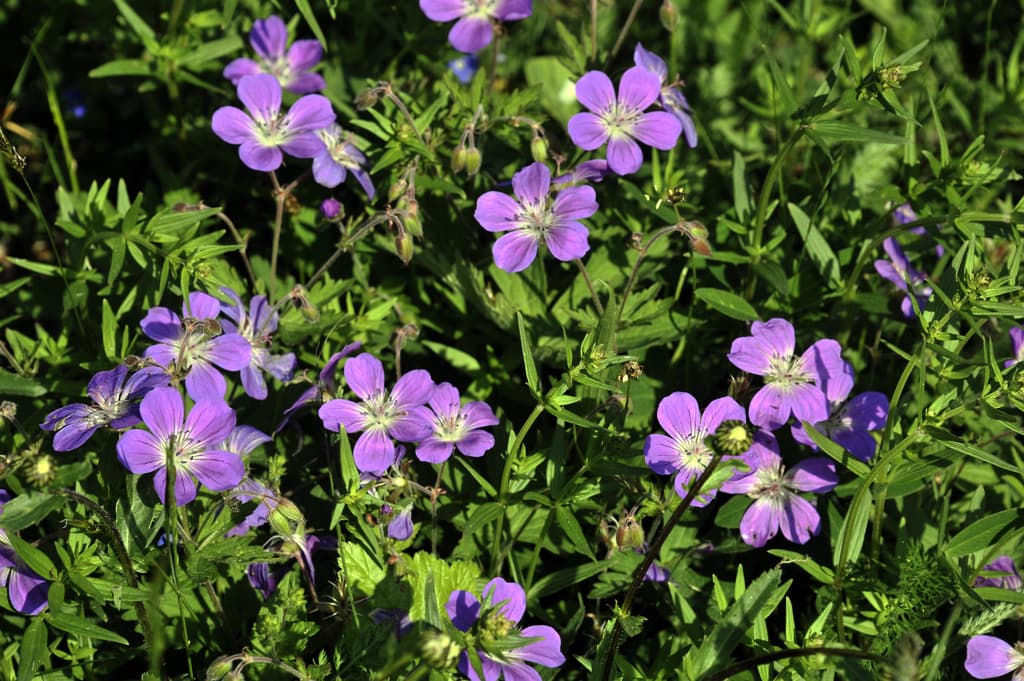The blooming occurs earlier and for a shorter period, says Ola Langvall from SLU.
The Swedish spring was chilly all over Sweden, with snow in large parts of Norrland on Walpurgis Night. Since then, it has suddenly changed.
The fact that summer came extra early is evident in the reports from the public, which documented the situation for a few common flowers on almost 1,200 locations across the country. Syren, rowan, lily-of-the-valley and hazel had already bloomed further north than in the two previous years that the Försommarkollen campaign, which is behind Sveriges lantbruksuniversitet and Svenska Botaniska Föreningen, has carried out.
We have had a very long period of heat almost throughout the country, which has driven the blooming and leafing, says Ola Langvall from SLU, coordinator for the Swedish phenology network.
What was most remarkable was that it went so quickly from a fairly late spring to a very early summer.
"The great threat" The long-term trend is that climate change is leading to changed flowering patterns. Data shows that all the species included in Försommarkollen – small bluebell, lily-of-the-valley, priest's cloak, hazel, rowan and syren – now bloom further north around National Day than they did 150 years ago.
But the great threat is that invasive species, thanks to climate change, can establish themselves and compete out native species. For example, the ambrosia, which needs a long season to bloom and reproduce, says Langvall. It is also feared by allergy sufferers, as it prolongs the pollen season.
For most species, it does not play a big role whether they bloom in May or at the end of June, according to Langvall. However, a shorter blooming period can cause problems for others.
Bees and wasps are an example of species that can be disadvantaged when they cannot collect nectar over a longer period.
New traditions Humans are also affected, but then it is about traditions that are shaken up when nature's cycle changes. Perhaps there will be seven new types of flowers that will end up in the bouquet or under the pillow in the future.
Many of the species we associate with Midsummer are already overblown when we get there. Priest's cloak and bluebell can still be had in one's bouquet, but Midsummer flowers have almost bloomed over now, says Langvall. Many also have strong memories of syren on graduation, but it may be difficult in many parts of the country. However, the fact that the graduation is delayed in many places can play in.






